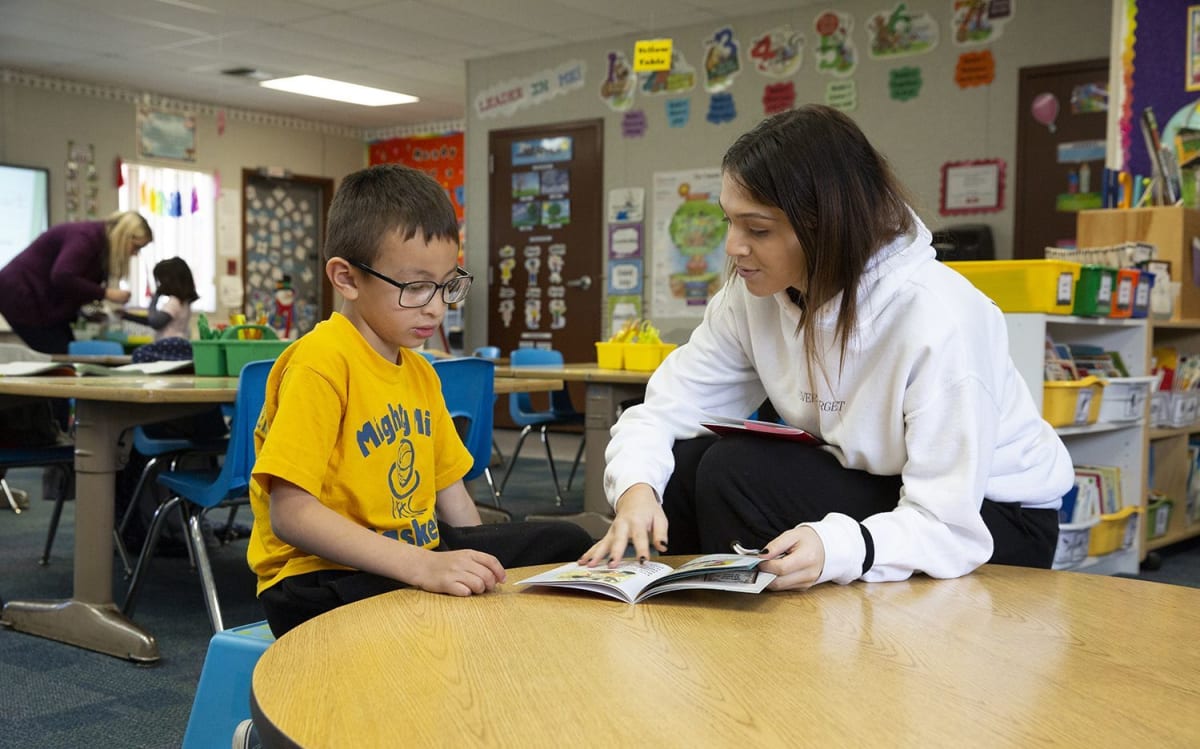Autism is often defined and described in terms of deficits. This happens in order to determine what supports are needed, for program design and implementation, and the level of funding; but always talking about what a person can’t do or do as well as their peers can be demoralizing. Improvement can be difficult to see and small but significant gains are not celebrated. Talking about deficits can also affect self-esteem and a person’s well-being.
Here are the positives:
- Attention to Detail: there is both thoroughness and accuracy around specific details. This can be a real plus in jobs that require that skill such as quality control.
- Deep Focus: concentration level can be very focused, allowing for freedom from distraction. My adult children spend hours on an activity that they enjoy. My son reads 2- 3 non-fiction books aloud to himself every week.
- Observation Skills: there is a listen, learn, look approach to learning. Facts are researched. For example, my daughter will observe an activity a number of times before she will participate, but when she does join in, she can do the task well.
- Absorb and Retain Facts: long-term memory is excellent with superior recall. I am always amazed at the facts my son tells me about things he has learned years ago, particularly around the topics of Titanic and music.
- Visual Skills: tend to be visual learners and detail-focused. Temple Grandin’s book Thinking in Pictures really highlights this.
- Expertise: there is in-depth knowledge of a topic and a high level of skills.
- Methodical Approach– thought processes are analytical; can spot patterns and repetitions. Science, math, and music are subjects that have patterns in them. Organizing and categorizing use these skills.
- Novel Approaches: unique thought processes and innovative solutions.
- Creativity: a distinctive imagination and expression of ideas. The Art of Autism is a great website to see the work of artists with autism.
- Tenacity and Resilience: determination and challenging opinions. To read more on this topic, have a look at this article.
- Accepting of Difference: less likely to judge others; may question norms. My adult children never judge people on the basis of social status, career, accomplishments, etc. They love people for who they are.
- Integrity: honest, loyal, and committed. For example, my daughter has never missed a shift in two years of volunteering at a no-kill cat charity. She says, “Those cats need me and depend on me. They need to be loved.”
Thinking about the positive aspects of autism can change the opinion of a potential employer, open doors to new opportunities, make the community more inclusive, and change how we support people with autism at home, school, and in the community. Teach to the strength and talk to parents about their children in terms of those strengths. A positive approach will build strong relationships, which is the base for good development and quality of life. Celebrate a different way of thinking and what that can add to the world we live in.






